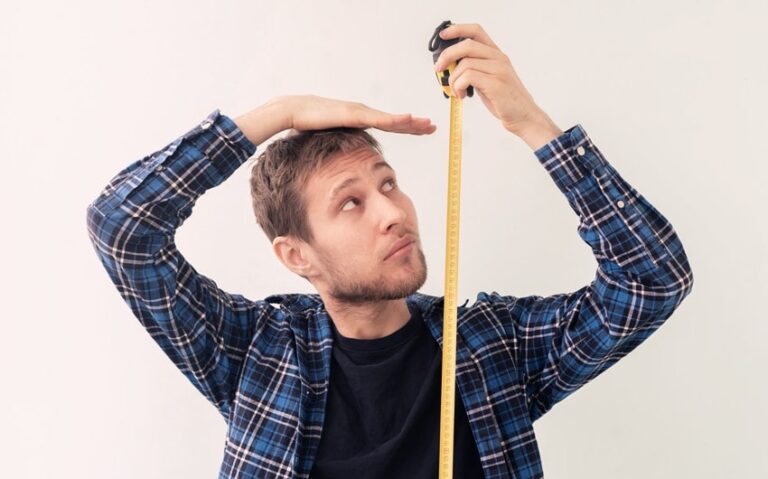How PTSD Affects Relationships and What You Can Do to Heal Together
When you love someone—or when you’re trying to love yourself—PTSD doesn’t just sit quietly in the background. It moves into your relationship, shifts the dynamic, and sometimes makes connection feel impossible. But even though PTSD can change how you love and relate, it doesn’t mean your relationship is doomed. Understanding the effects is the first step toward healing—for you, and the one you’re trying to hold close.
Understanding PTSD and Its Emotional Ripples
If you’re living with PTSD, your nervous system is constantly scanning for threats, even when you’re safe. That kind of hyper-awareness can lead you to misinterpret your partner’s words or actions. What they meant as casual might feel aggressive. What should feel comforting might actually make you flinch. You might find yourself shutting down, pulling away, or acting distant even when all you want is to feel close.
And if you’re dating someone with PTSD? You’ve probably noticed sudden mood swings, silence, anxiety after arguments, or an overwhelming need for control. These aren’t personality flaws—they’re survival patterns. It’s not about you being unlovable. It’s about their brain trying to stay safe.
How PTSD Can Impact a Relationship
When PTSD enters a relationship, it brings with it a unique set of challenges. Here’s how it might show up:
- Emotional withdrawal: You might pull away because you’re overwhelmed or afraid of being a burden.
- Triggers during intimacy: A touch, smell, or word might suddenly yank you into the past, making physical closeness feel unsafe.
- Hypervigilance: You could feel constantly on edge, interpreting small disagreements as threats to your entire relationship.
- Communication shutdowns: Sometimes, you don’t even know what you’re feeling—so trying to explain it becomes impossible.
- Irritability and anger: PTSD isn’t just about fear—it can come with frustration, too. That can mean snapping at someone you love without meaning to.
And if you’re on the other side of it? You might feel helpless, confused, or even pushed away. It’s okay to admit that it’s hard—for both of you.
Things You Might Feel (And Why That’s Okay)
When PTSD is part of your story, you’re not just dealing with memories—you’re dealing with a nervous system that reacts before your mind has a chance to process. You might feel:
- Like you’re “too much” to be loved
- Frustrated that your partner doesn’t understand
- Guilty for needing space or emotional safety
- Scared that your past will ruin something good
But here’s the truth: relationships don’t need you to be perfect. They need you to be present. To show up. And you’re already doing that—by reading this.
How to Support a Partner with PTSD
If you’re in a relationship with someone who has PTSD, you don’t have to fix them—you just have to learn how to walk beside them. Here’s what helps:
- Learn about trauma: Understanding what PTSD is (and isn’t) can help you respond with compassion instead of confusion.
- Practice patience: Sometimes their reaction isn’t about you. Give them space without abandoning them.
- Ask what helps: Don’t assume. Just say, “What do you need when you feel triggered?”
- Use calm communication: Harsh tones or ultimatums don’t work. Gentle honesty does.
- Hold your boundaries: Support doesn’t mean self-sacrifice. You matter too.
You’re not walking on eggshells—you’re learning how to build trust, one moment at a time.
How to Heal Together (Even If You’re Still Healing Alone)
You might be wondering if it’s even possible to be in a healthy relationship while navigating PTSD. It is. But it takes effort—sometimes therapy, sometimes tears, sometimes starting over.
Here’s what healing looks like in practice:
- Therapy (individual and couples): Having someone guide the conversation can take the pressure off you both.
- Routines that build safety: Predictable schedules and calm spaces help your nervous system relax.
- Repairing after arguments: Say, “I wasn’t trying to hurt you. Let’s talk when we’re ready.” That sentence can change everything.
- Celebrating small wins: A quiet night without anxiety. A soft moment that didn’t end in shutdown. Those matter.
When Love Is There, But the Pain Is Too Loud
Sometimes you’ll love someone deeply and still feel disconnected. That doesn’t mean the relationship is broken. It means you’re human. Trauma interrupts love—but it doesn’t erase it. If you both want to fight for the connection, you absolutely can.
But if you’re feeling unsafe, emotionally depleted, or constantly confused, it’s okay to take a step back. Healing doesn’t require staying in something that hurts. You get to protect your peace too.
Final Thoughts
Whether PTSD is yours or your partner’s, relationships will always require extra grace, extra patience, and a lot of unlearning. But when two people are willing to understand each other—when you’re both committed to choosing curiosity over judgment—love can not only survive trauma… it can help heal it.
So keep showing up. Keep asking questions. Keep softening your heart, even when it feels safer to close it. That’s where the real connection lives.






